
Making a word plural seems like it should a simple rule of English. When you have more than one of something, add an "s" or "es" to the end of the word. One orange. Two oranges. But as we know, the English language can be a whole lot more complicated than that and things are not always so simple. Irregularities are bound to crop up. Two sheep. Three geese. Four moose. Sometimes there's a logical pattern behind pluralizing a noun and sometimes there is not.
Some irregular nouns take on the plural form by first changing the last letter of the word before adding "s." Words that end in "f" are a good example of this case. To make such a word plural, you change the "f" to "ve" and add an "s." One loaf. Many loaves. Some plural forms we just know. But others are trickier. Is it octopuses? Or octopi? Many fish or fishes?
This quiz will test you on some of the most confusing plurals that don't necessarily follow the regular rules. Can you get a perfect score?
Enjoy Quizly? Upgrade to Premium for an ad-free experience and exclusive features.
Get PremiumCan You Identify the Plural of These Tough Words? Quiz Questions
What is the plural of the word 'hero'?

hero
heroes
heros
What is the plural of the word 'memorandum'?

memorandues
memoranda
memorandums
What is the plural of the word 'mosquito'?
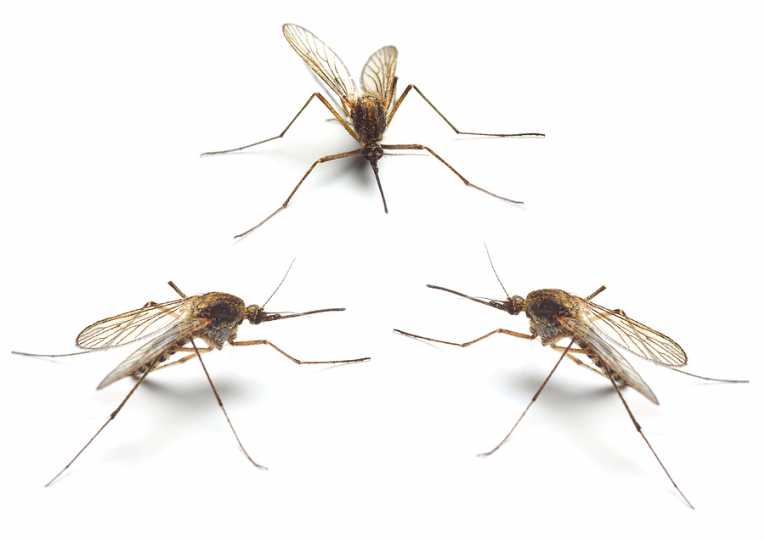
mosquitos
mosquitoes
mosquitios
What is the plural of the word 'octopus'?
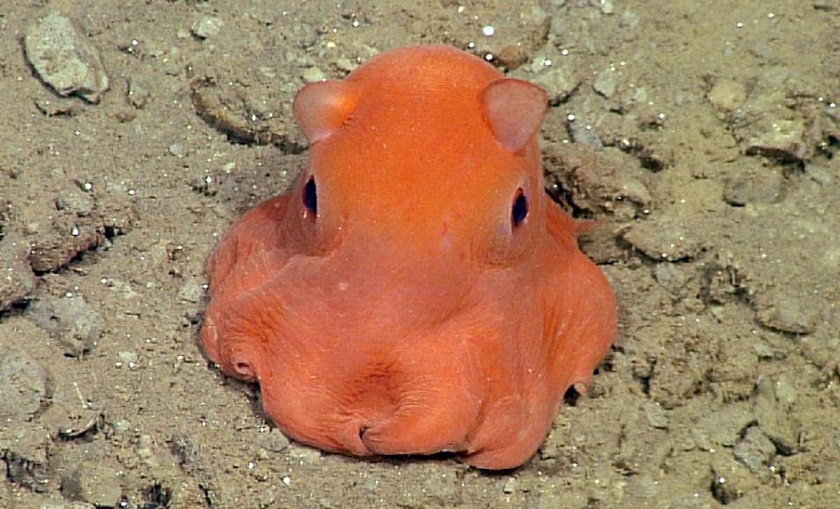
octopus
octopuses
octopusos
What is the plural of the word 'potato'?

potatos
potato
potatoes
What is the plural of the word 'scarf'?

scarfes
scarves
scarf
What is the plural of the word 'tomato'?
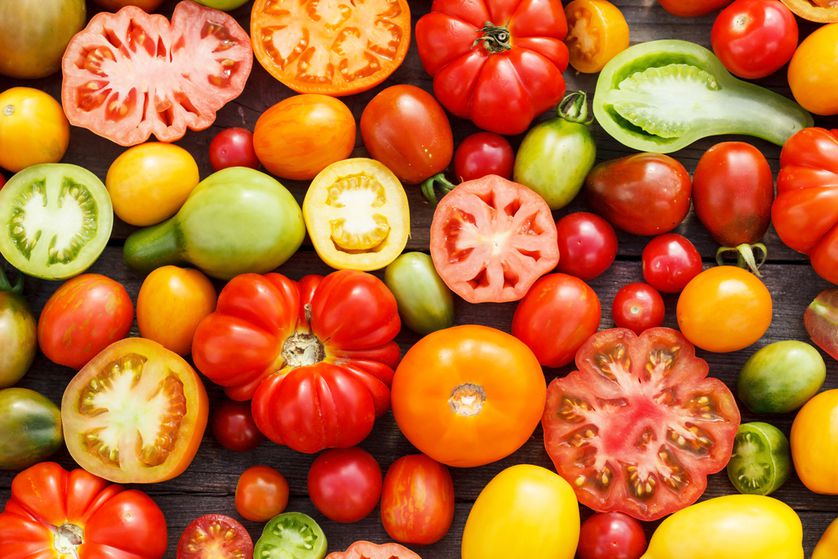
tomatios
tomatoes
tomatos
What is the plural of the word 'torpedo'?

torpedoes
torpedos
torpedous
What is the plural of the word 'vertebra'?

vertebras
vertebrae
vertebraes
What is the plural of the word 'wife'?
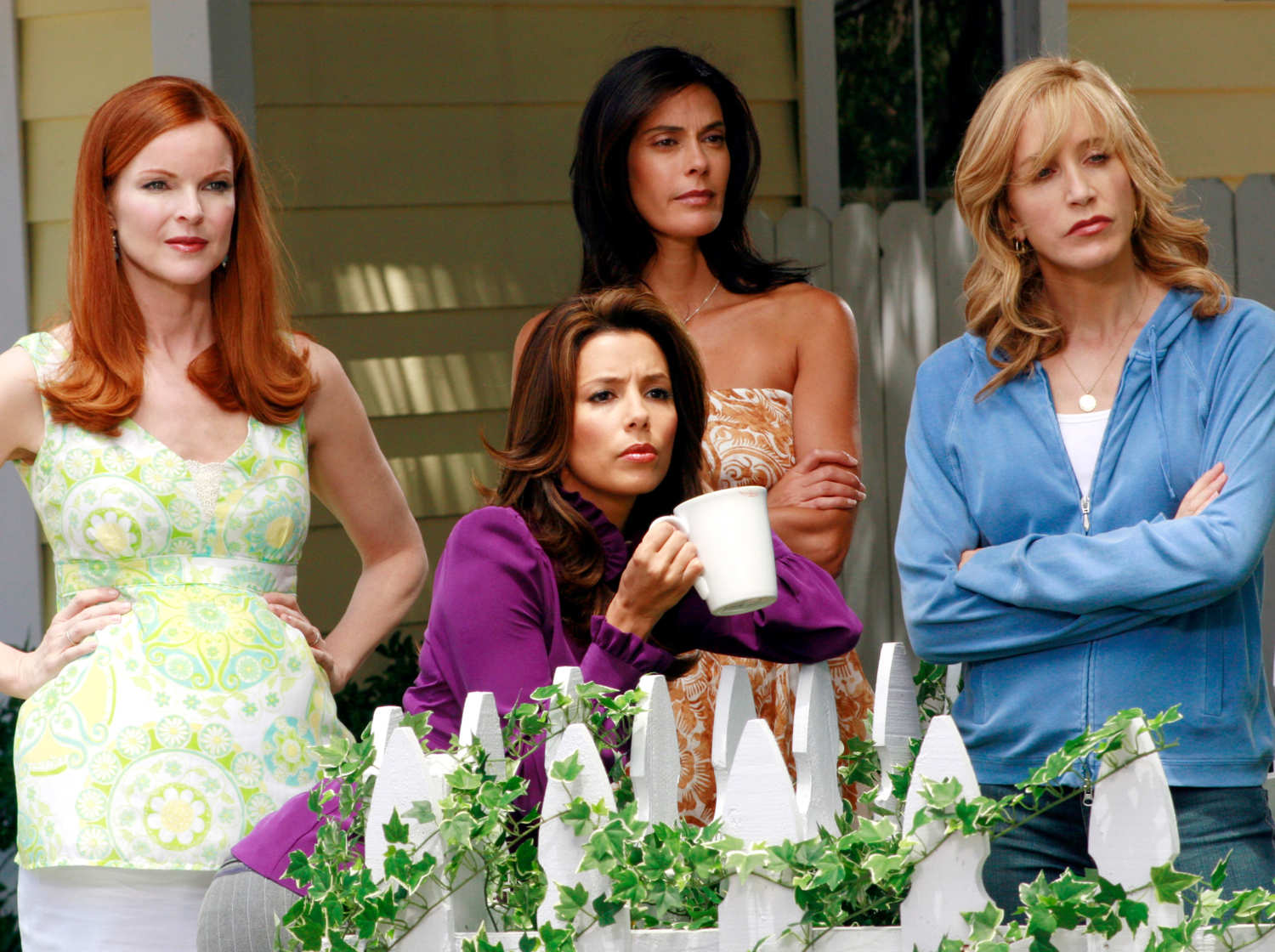
wifea
wifes
wives
What is the plural of the word 'millennium'?

millenniumes
millenniums
millenniumos
What is the plural of the word 'alumnus'?

alumni
alumnues
alumnus
What is the plural of the word 'daisy'?

daisies
daisyes
daisys
What is the plural of the word 'activity'?

activitys
activities
activitios
What is the plural of the word 'bison'?
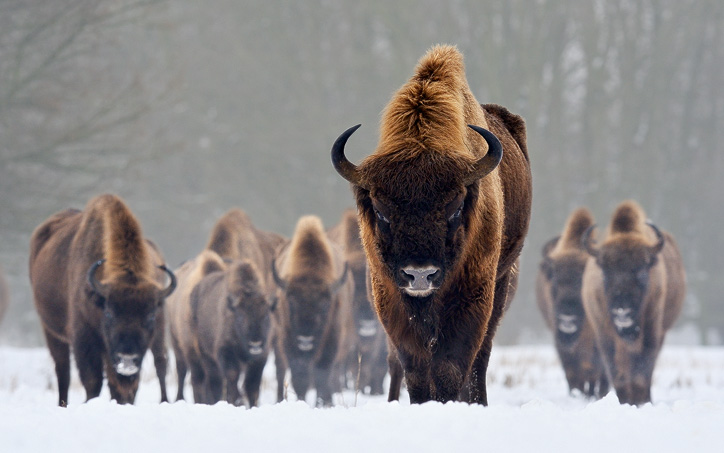
bison
bisones
bisons
What is the plural of the word 'penny'?

pennyes
pennies
pennys







3 Comments
Yay! I got 100%!!!
11 / 16
13/16